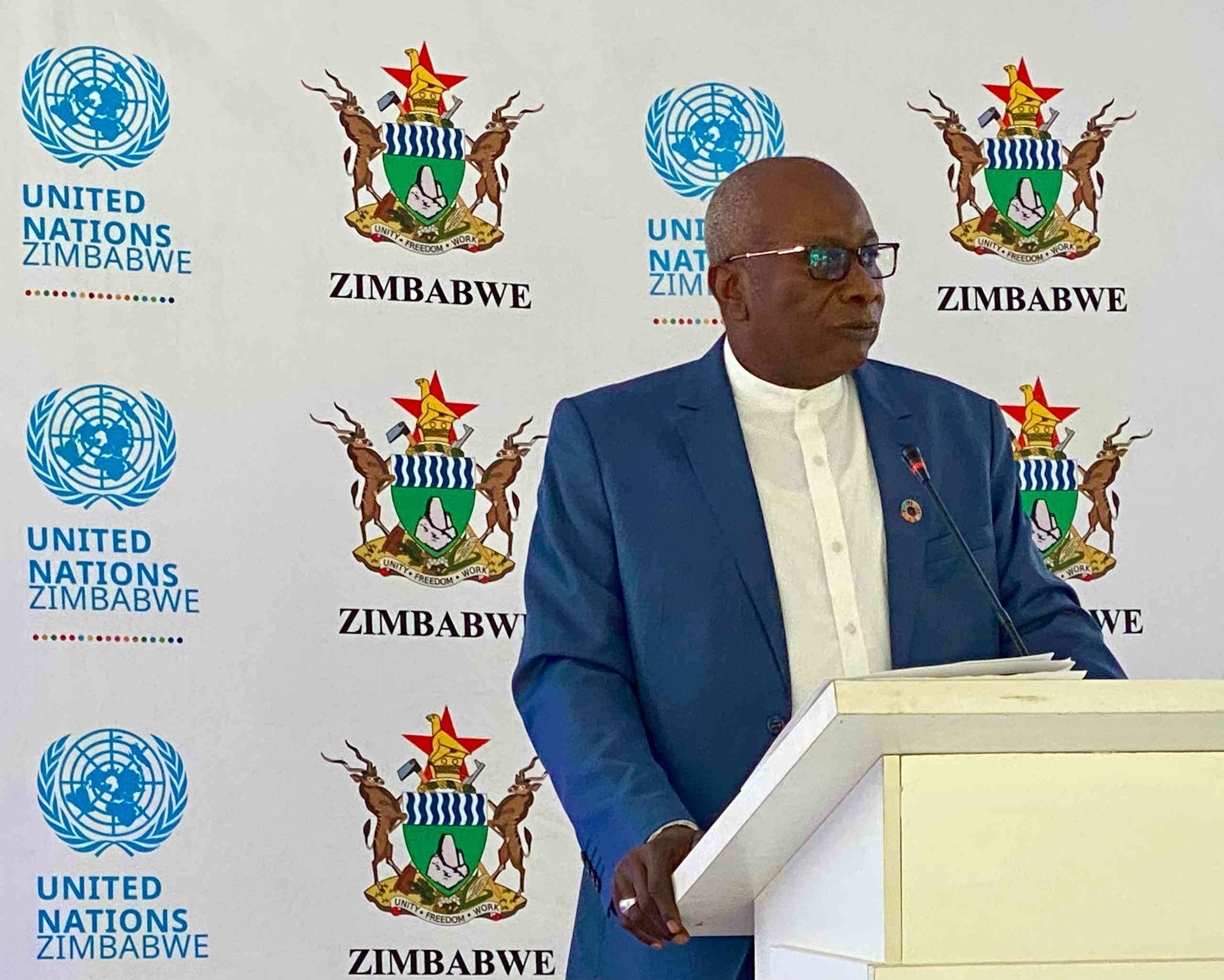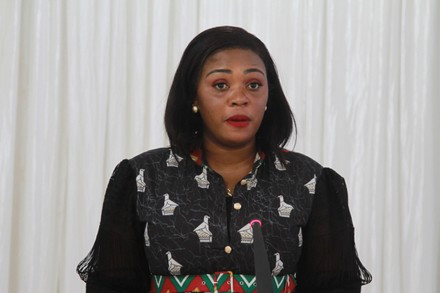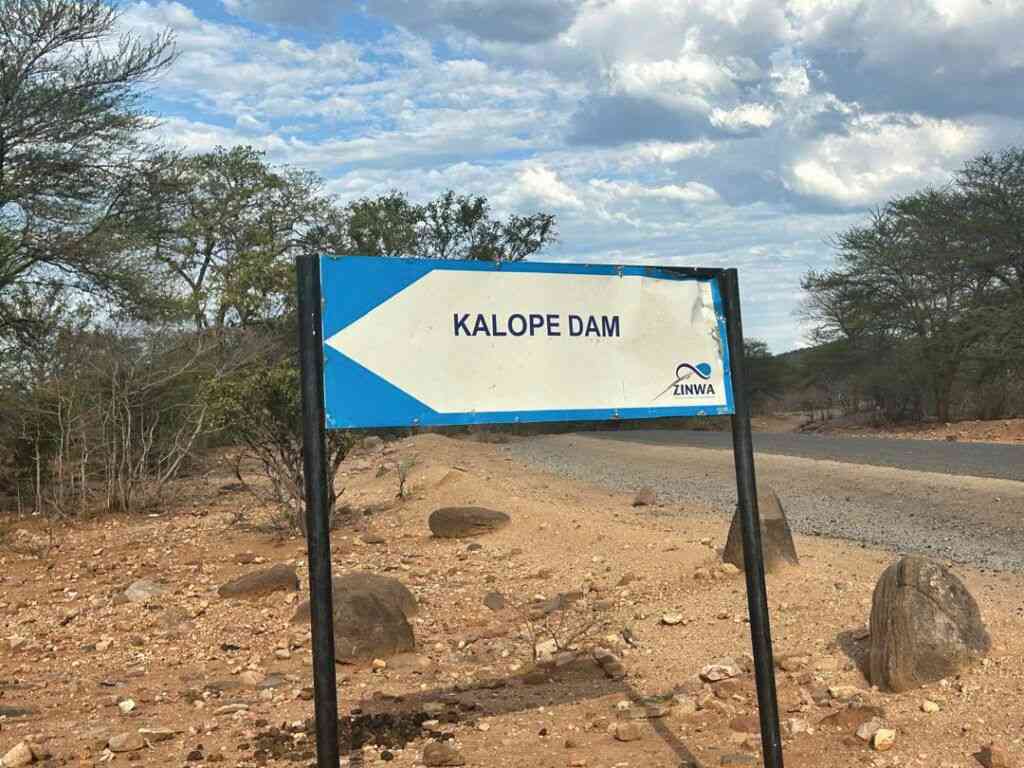
The United Nations in Zimbabwe has said it is committed to assisting the government achieve its goal to make the economy achieve the upper-middle income status by 2030 through new initiatives occasioned by the uniqueness of the only country in the world classified as low-middle-income and landlocked, with very high private debt.
Speaking during the mid-term review of the Zimbabwe United Nations Sustainable Development Co-operation Framework for the period 2022-26, UN resident and humanitarian co-ordinator Edward Kallon said stagnation of SDGs highlighted the need for clear-cut solutions to address poverty, economic growth, inequality, climate change, disaster risk reduction, and institutional strengthening for peace, justice and human rights.
“One of the key things that we can do as developing countries is to help Zimbabwe. This exercise provides us with a Zimbabwe dollar or US dollar value on which we can develop an integrated national financing framework, looking at all potential sources of financing, whether public or private, international or national, and how well investment flows to support the national budget and international support should be aligned to SDG,” he said.
Kallon said the establishment of these values could be used to evaluate the effectiveness of Zimbabwe’s development support while improving all support services.
He said the mid-term review was an opportunity to reflect on, celebrate progress and re-affirm’s the UN commitment to support Zimbabwe’s sustainable development agenda.
“The Co-operation Framework transcends being here a blueprint for UN-funded activities in the country. It is, first, a strategic guide. It directs the planning and execution of UN development initiatives, supporting Zimbabwe’s policies on the 2030 Agenda for Sustainable Development and informing national policies as the country pursues its national development aspirations,” Kallon said.
“The Co-operation Framework is also a commitment to the people of Zimbabwe, with a particular focus on the marginalised and ensuring no one is left behind.”
Kallon also proposed key issues of strategic focus on Zimbabwe, including interventions, the uptake and scaling of policy innovations introduced by the human development system.
- Binga headman goes missing
- Unicef intensifies fight against child marriages
- Unicef intensifies fight against child marriages
- COP26 a washout? Don’t lose hope – here’s why
Keep Reading
He also said there was need for advocacy of international knowledge and standards for capacity and national and sub-national development including the empowerment of local communities.











